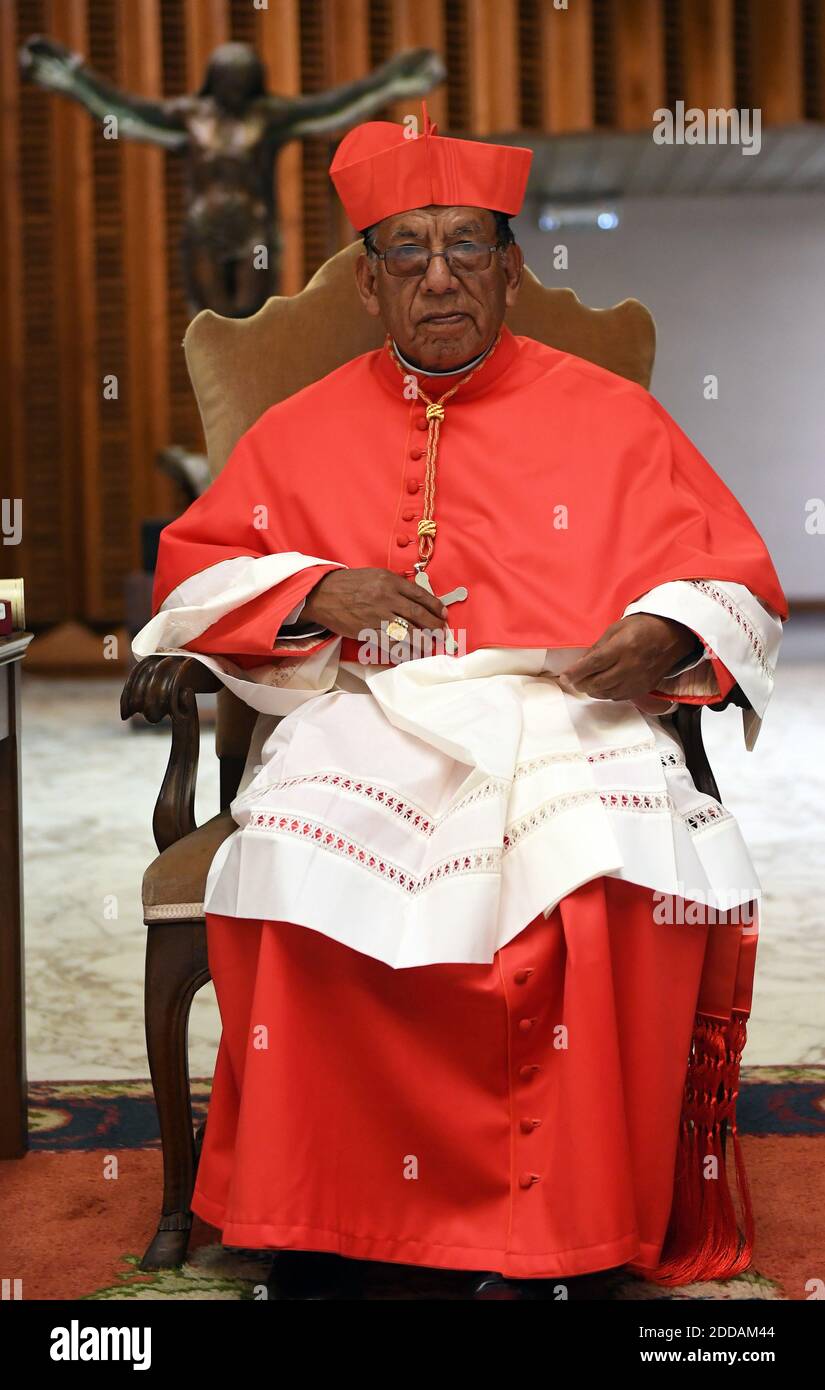As Pope Francis continues to serve the Catholic Church, questions about his successor naturally arise. The global Catholic community eagerly anticipates who might step into this pivotal role, guiding millions of faithful worldwide. Speculation and predictions swirl around potential candidates, each bringing unique qualities and visions for the future of the Church.
The selection of a new pope is an intricate process steeped in tradition and mystery. While Pope Francis remains at the helm, understanding the dynamics within the College of Cardinals offers insight into possible successors. This article delves into the contenders, examining their backgrounds and contributions to the Church, providing a glimpse into what the future may hold for one of the world's most influential religious institutions.
Papal Succession: A Glimpse Into The Future
The conclave to elect the 267th Pope will commence on May 7th. During his pontificate spanning twelve years, Pope Francis has significantly influenced the direction of the Church. His progressive stance on various issues has reshaped its global image. As the conclave approaches, it marks a shift from traditional Euro-centric tendencies, with over three-quarters of the 135 Cardinal electors hailing from diverse regions across the globe.
This diversification reflects the evolving nature of the Catholic Church, emphasizing inclusivity and representation. The upcoming conclave presents an opportunity for cardinals to select a leader who embodies these values while addressing contemporary challenges faced by the Church. With a majority of electors representing non-European countries, the possibility of a pope from outside Europe increases, marking a historic milestone in papal succession.
As the Church prepares for this significant event, the focus shifts to identifying potential candidates who align with the modern ethos of the institution. Each cardinal brings unique perspectives shaped by their cultural backgrounds and experiences, contributing to a rich tapestry of ideas and possibilities for the future leadership of the Catholic Church.
Potential Papal Contenders: Exploring The Candidates
Among the notable figures under consideration are Cardinal Luis Antonio Tagle from the Philippines, Cardinal Pietro Parolin from Italy, and Cardinal Pierbattista Pizzaballa, also from Italy. These cardinals have garnered attention due to their influential roles within the Church hierarchy and commitment to fostering unity among believers worldwide.
Cardinal Tagle's leadership in Asia highlights his ability to bridge cultural divides, making him a compelling choice for those seeking a more globally representative papacy. Meanwhile, Cardinal Parolin, serving as Secretary of State since 2014, possesses extensive diplomatic experience, positioning him as a strong contender capable of navigating complex international relations affecting the Church today.
Cardinal Pizzaballa’s dedication to interfaith dialogue and pastoral care further enriches the pool of potential successors. His work in promoting peace and understanding between different faith communities underscores the importance of selecting a pope who can effectively communicate the Church's message of love and compassion to all people.
Front-Runners And Uncertainty In Papal Elections
Despite clear front-runners emerging before conclaves, history shows that predicting the outcome remains uncertain. Cardinal Pietro Parolin stands out as one of the main contenders, having served faithfully under Pope Francis. However, the adage He who enters the conclave as pope, leaves it as a cardinal serves as a reminder that surprises often occur during these secretive proceedings.
No cardinal should enter the Sistine Chapel assuming victory, given the unpredictable nature of voting dynamics within such a sacred assembly. Even though cardinals do not actively campaign for the position, discussions and alliances formed prior to the conclave play crucial roles in shaping final decisions.
In light of this uncertainty, the Catholic world awaits with bated breath, recognizing that whoever emerges as the next pope will face immense responsibilities guiding the Church through turbulent times. Regardless of who succeeds Pope Francis, the chosen individual must embody wisdom, humility, and unwavering commitment to upholding the teachings and traditions of the Catholic faith while embracing change necessary for growth.
Pope Francis' Legacy And Its Impact On Succession
Pope Francis extended Cardinal Giovanni Battista Re's term as dean of the College of Cardinals on February 6th, reinforcing continuity amidst transition. This decision underscores the significance of maintaining stable leadership structures during periods of change within the Church. As speculation mounts regarding potential successors, Pope Francis's condition updates keep the faithful informed about ongoing developments surrounding papal succession.
Beyond health considerations, the legacy established by Pope Francis plays a vital role in influencing the choice of his successor. His emphasis on social justice, environmental stewardship, and outreach to marginalized communities sets high standards for future popes. Any candidate selected must honor these principles while adapting them to meet current needs and challenges facing the global Church.
Ultimately, the selection process seeks to identify someone who not only respects but builds upon the foundations laid by Pope Francis, ensuring the continued vitality and relevance of the Catholic Church in an ever-changing world. The entire Catholic community looks forward to witnessing this historic moment when a new leader steps forward to carry the torch of faith into the future.
Unwritten Rules And Surprises In Papal Elections
An old saying about papal elections warns against assuming frontrunners will emerge victorious. Traditional rules dictating bishop appointments no longer apply, adding layers of complexity to the selection process. This unpredictability ensures that every conclave carries elements of surprise, keeping expectations fluid until the white smoke signals the election of a new pope.
While some cardinals may appear well-positioned based on their accomplishments and influence, others less visible could rise unexpectedly through consensus-building efforts inside the conclave chamber. Such outcomes highlight the democratic spirit underlying papal elections, where collective wisdom guides decision-making rather than predetermined hierarchies or biases.
As the Catholic Church moves closer to choosing its next spiritual leader, anticipation grows among members worldwide. Everyone involved understands that selecting the right person requires prayerful reflection and openness to divine guidance, ensuring the best possible outcome for the future of the Church and its mission to spread hope and healing across the globe.

